AC Maintenance & What to Do With Your Air Conditioner in the Winter
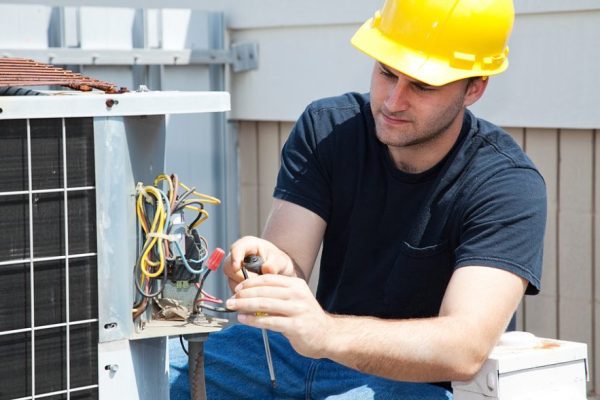
When winter arrives, you may or may not need to stop using your air conditioner to beat the heat!
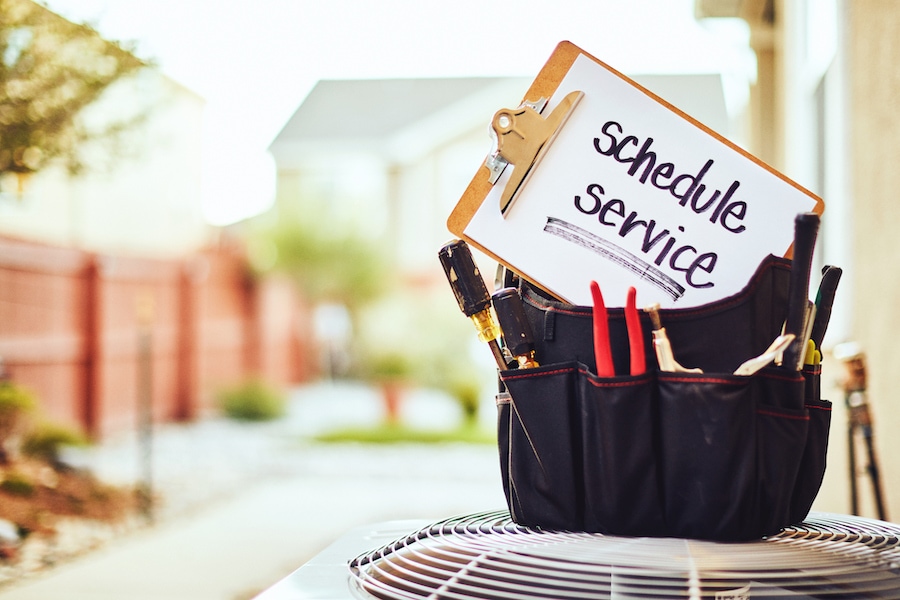
If you let your air conditioner stay inactive until spring, some problems might develop during the winter. In order to protect an HVAC system throughout the coldest months, you’ll need a winter maintenance plan, and you can get started by using this seasonal air conditioning maintenance guide.
Turn off the Outdoor Air Conditioning Unit’s Power Supply
All air conditioning units have a power circuit that’s mounted on a small box. This box is usually attached to a pole outside. Inside the box, there is a switch that controls power flow to the air conditioner. By flipping this switch, you’ll prevent electrical shock or electrocution whenever you implement maintenance procedures following a winter storm.

Clean the Air Conditioner
In most communities, HVAC systems clog and break down in the spring when homeowners fail to implement cleaning procedures outdoors to maintain important air conditioning components in the winter. Winter is a great time to clean out an air conditioner. For this job, you’ll need a broom that can reach debris, twigs, and leaves inside and around the HVAC unit. If your equipment is installed near trees, wash off any dirt or bird droppings on the exterior housing, and give the material time to air dry.
Inspect the Air Conditioner
While you’re cleaning your air conditioner, you should conduct an inspection as well. A basic inspection will help you find minor issues before they develop into major problems if you look in the right places.
Begin the inspection by scanning the casing for rust and cracks. The casting shouldn’t have any irregularities that could lead to leaks. Then, thoroughly inspect the seals; they should be tight without any gaps. If you find areas that are rusty or damaged, let a licensed HVAC technician service your equipment.

Cover the Equipment
A waterproof cover protects an air conditioner on cold winter days. If you put a plastic or vinyl cover on your unit, it will reflect debris, and on the coldest days, it will prevent cracking. You can buy a cover that’s designed for an air conditioner at a hardware store. If this isn’t an option, you could protect the equipment with a large tarp.
Use Extra Insulation
When the temperature drops dramatically in the winter, any exposed wiring and pipes could freeze. To keep frost off of these components, cover everything with a foam pipe cover. This type of cover could shift while it’s covering pipe, so you may need to secure it in place with a piece of duct tape. Without thick insulation, your pipes will crack during a cold winter night if the coolant freezes. Insulation prevents freezing inside of pipes by creating a warm barrier that blocks arctic air.
Usage Strategies for Winter Weather
In many southern states and in some cities along the east coast, many people continue to use your HVAC equipment near the end of the year because winters in these regions aren’t always cold. If you ever need to activate your air conditioner on a muggy winter day or night, you’ll need to:
Change the Filter: Throughout the spring and summer, you should already have a schedule for replacing your HVAC filters. In the winter, you’ll need to tweak this schedule. During occasional winter use, an air conditioner’s filter won’t gather a lot of debris, so you can operate your HVAC system longer without swapping out the filters often. You should change the filter in 90 days if you will only turn o your air conditioner once a week throughout the winter. If you will use your air conditioner twice a week, change the filter in about four months.
Adjust the Thermostat: In the winter, you should change your thermostat’s settings to manual. The manual mode will give you convenient opportunities to adjust the temperature indoors according to the weather outdoors. Also, by controlling the cycles manually, you can switch from the air conditioner to regular fans when you need to save energy while cooling off during the winter.
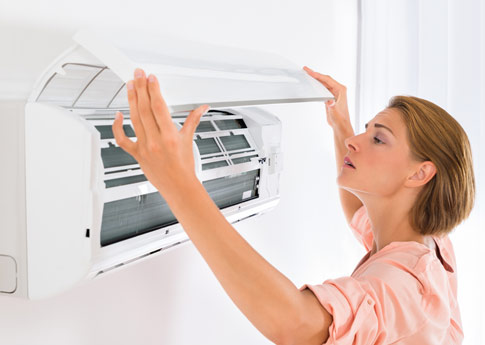
Common Winter Problems
In the winter, an air conditioning system can develop several problems that you may notice when you power up the equipment to cool your home in the spring. If you take care of your HVAC system in the winter, you may still have to deal with some minor operational problems in the spring. The big benefit is that winter-related problems are easy to resolve.
Whenever you hear a loud noise while your air conditioner runs in early spring, the fan motor or blower motor has a problem. You can stop the distracting sounds during cooling cycles by repairing or replacing the defective hardware. If your air conditioner doesn’t start in the spring, the thermostat may have malfunctioned. This problem occurs when the wire that connects the thermostat to the AC system is damaged. Because electrical wiring is complicated, this is a job for a licensed HVAC repair technician.
Following a long winter, many homeowners turn on their air conditioners and feel slightly cold air. Low refrigerant causes this problem, and it could happen after you top off the refrigerant in the summer. To keep refrigerant inside the tank, let an HVAC technician inspect the chamber for leaks before and after winter arrives. These strategies can help you take care of your system in the winter. However, preventative maintenance is the best defence. If you service your equipment twice a year, you’ll keep everything in optimum condition.


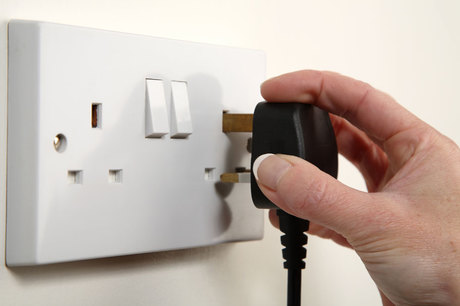

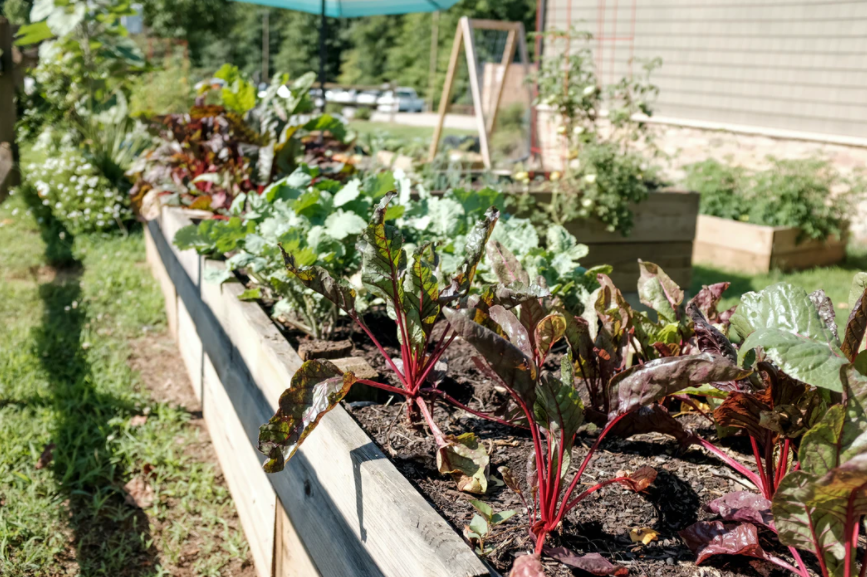


Leave a Comment